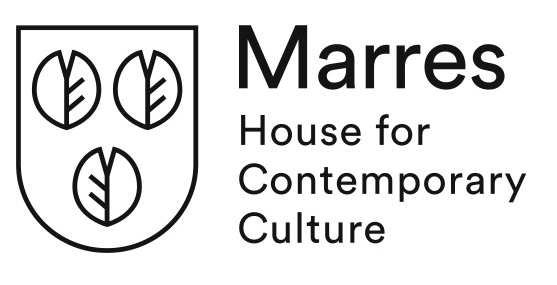Marres
The Project
The Project
Marres Maastricht, is an art institute with an international reputation. Its focus lies on exploring the senses. By designing ways to stimulate visitors to become more active in the exhibitions, Marres believes that they become also more conscious of the workings of the senses and the development of a vocabulary that articulates a wide variety of sensory experiences beyond (but not excluding) the visual. In collaboration with Maastricht University, Marres contributes to a network for sensory studies that aligns with the city’s reputation as city of the senses.
In every discipline we use our senses, often without giving it a second thought. Being aware of how we use our senses and to train our sensory knowledge would be beneficial. But how precisely are the senses part of disciplines like law, medical science and practice, business, marketing, arts and culture? What kind of training might strengthen sensory knowledge and how could different disciplines and the arts inform each other here?
This year, the PREMIUM students will be asked to investigate the senses within their fields of study and connect this to the field of leisure spaces. The research theme is: How and to what extent do you use embodied knowledge in your future work space? How do you train this? Does the way you use your senses and body in your professional life differ from how you use them in leisure spaces, including fairs, museums, forests or the gym? We invite students to make field studies in their living and working environment.
You are invited to develop practical research pertaining to sensory knowledge in your field of study. You can make walks in the city, develop exercises geared to the realms of taste and touch, make observations in workspaces and interview professionals. The goal is to gain insight in how people use their body as source of knowledge. We are particularly interested in how this use may differ between professional contexts and the way we use our bodies in leisure spaces (museums, fairs, nature). The outcomes contribute to Marres’ educational and public programmes.
Museum audiences are generally contemplative, whereas the exhibitions and practices at Marres require often an active public. By designing ways to stimulate visitors to become more active in the exhibitions, we believe they become also more conscious of the workings of the senses and the development of a vocabulary that articulates a wide variety of sensory experiences beyond (but not excluding) the visual. In collaboration with Maastricht University, Marres contributes to a network for sensory studies that aligns with the city’s reputation as city of the senses. The PREMIUM students will help to bridge the fields of art and science and make these fields more accessible to a general public.
Working with us gives you the opportunity to look behind the scenes of an art institute, meet students from other fields with a shared interest in art and think out-of-the-box. The outcomes contribute to Marres’ educational and public programs about the senses.
We welcome all students who have an affinity with the arts and wish to broaden their knowledge in unorthodox ways. Organization skills, enthusiasm and a pro-active attitude are required.
Design-oriented
The Client
The Client
Marres, House for Contemporary Culture, Maastricht, is an art institute with an international reputation. Located in the center of Maastricht, it features intimate art spaces, a beautiful garden and a wonderful restaurant. Although Marres is generally known as a center for contemporary visual arts, it prides itself on showing all kinds of artistic practices. Its focus lies on exploring the senses and embodied knowledge in contemporary society.

